AstraZeneca on defensive as concern raised over COVID-19 vaccine evidence on elderly
The TGA is assessing ‘all the evidence’ amid concerns that older people were not included in trials in large enough numbers.
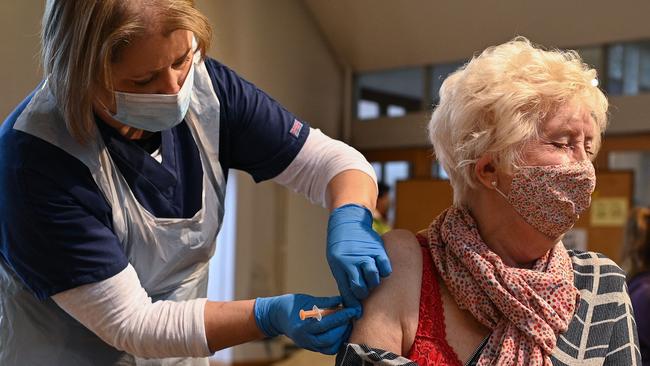
The Therapeutic Goods Administration is assessing “all of the evidence” on how well the Oxford University-AstraZeneca vaccine works in the elderly as medical researchers expressed concerns that older people were not included in clinical trials in large enough numbers.
But Australian health officials said they were confident both the AstraZeneca and Pfizer vaccines would be effective against new variants of COVID-19 that have swept through the UK, South Africa and Brazil.
The TGA was assessing a tranche of data not yet publicly revealed by AstraZeneca, which provides greater detail on the efficacy of the vaccine in those over 65, with the company’s first phase three trial only testing the vaccine on limited numbers of elderly.
AstraZeneca on Tuesday dismissed as “completely incorrect” reports in two separate German newspapers that suggested officials in Europe were concerned the vaccine had low efficacy in the elderly. German authorities also said the reports were not correct.
AstraZeneca said its vaccine had demonstrated “strong immune responses in the elderly”. It pointed out the British medicines regulator had included its vaccine’s use in the elderly in its emergency use authorisation.
Australia is relying heavily on the AstraZeneca vaccine, including to immunise the elderly, with 50 million doses due to be manufactured by CSL onshore.
Acting Chief Medical Officer Michael Kidd confirmed the TGA was assessing a wide range of data related to the AstraZeneca vaccine’s safety and efficacy.
Professor Kidd said the TGA was currently considering data supplied by AstraZeneca as well as information from unpublished clinical trial results.
“The TGA is looking at all of the evidence being put forward by the sponsoring pharmaceutical company, and that includes the results of the clinical trials as well as all … other research that has been carried out. They’ll be making the assessment for the AstraZeneca vaccine as they did for the Pfizer vaccine,” Professor Kidd said.
Oxford University researchers said in a paper published in The Lancet on December 8 they could not draw conclusions about the efficacy of the AstraZeneca vaccine in the elderly. “Vaccine efficacy in older age groups could not be assessed but will be determined, if sufficient data are available, in a future analysis after more cases have accrued,” the scientists said.
But Professor Kidd said since the publication of the Lancet article in December, further data had been forthcoming, which was now being considered by the TGA. “We’re told that there is further research being done in the elderly, and of course we have the real-world experience of vaccines being rolled out under emergency provisions in different countries around the world,” Professor Kidd said. “So all of that data will come together at the TGA. The scientific and clinical experts at the TGA are poring over and making recommendations for Australia.”
Separately, Health Minister Greg Hunt said supply of the initial 3.8 million doses of the AstraZeneca vaccine — to be shipped from Europe — was not under threat of delay after the European Union threatened to block exports as the pharmaceutical giant struggles to fulfil supply deals. “It’s expected that doses will be available in March as will international doses of the AstraZeneca vaccine,” Mr Hunt’s spokesman said.
EU Health Commissioner Stella Kyriakides on Tuesday said companies producing vaccines would have to “provide early notification whenever they want to export … to third countries”.
Medical researchers say they were concerned less than 10 per cent of AstraZeneca’s phase three clinical trial participants in the UK were over 70.
Medical Journal of Australia editor Nick Talley said more data was needed on the vaccine’s efficacy in older people.
“We really just don’t know from that published data if the vaccine is as good in older people as it is across the board. I think we urgently need to see the full data that AstraZeneca have on the vaccine that isn’t published,” Professor Talley said.
University of Sydney virologist Tony Cunningham said he did not think the COVID-19 vaccines had been tested adequately in the elderly.
“We do expect vaccines in the ageing will be less effective than vaccines in younger people,” Professor Cunningham said.
“The reason … is immunity declines. The reassuring part is we do know the immunogenicity is pretty good.”
Residents in aged-care homes look likely to receive the Pfizer vaccine in February. The rest of the elderly are in the second priority group and may receive either Pfizer or the AstraZeneca vaccine.
Professor Kidd does not expect emerging COVID-19 variants to present challenges for vaccines. “The research advice we have at the moment is that the current vaccines all appear to be effective against these new strains,” he said.


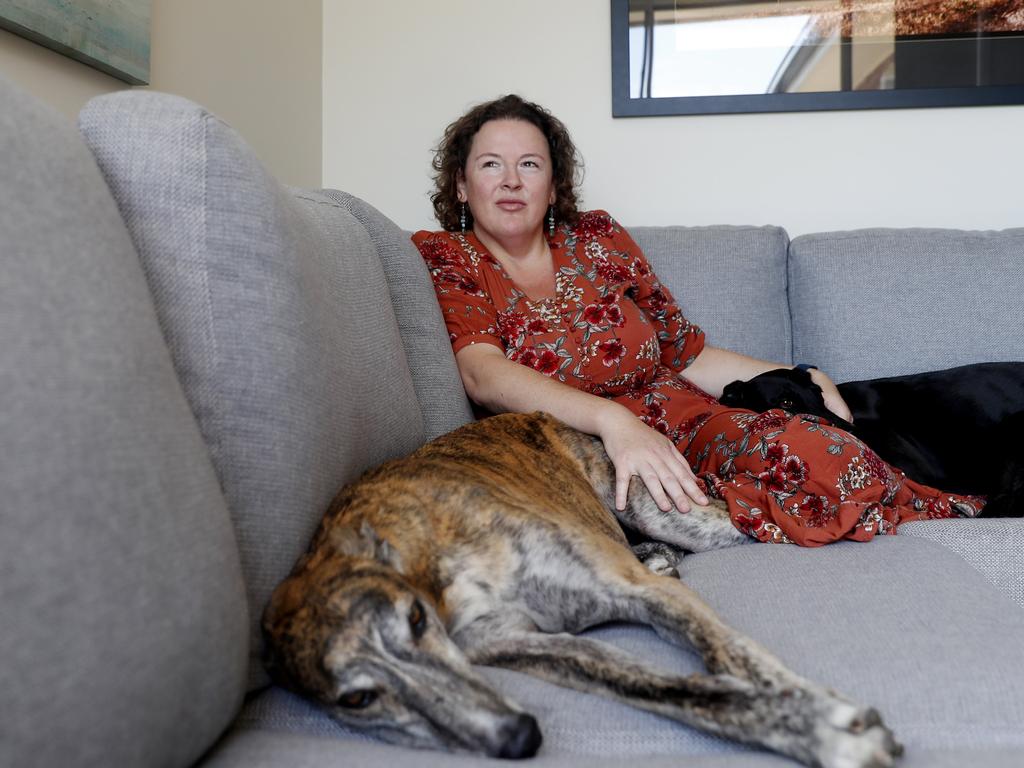
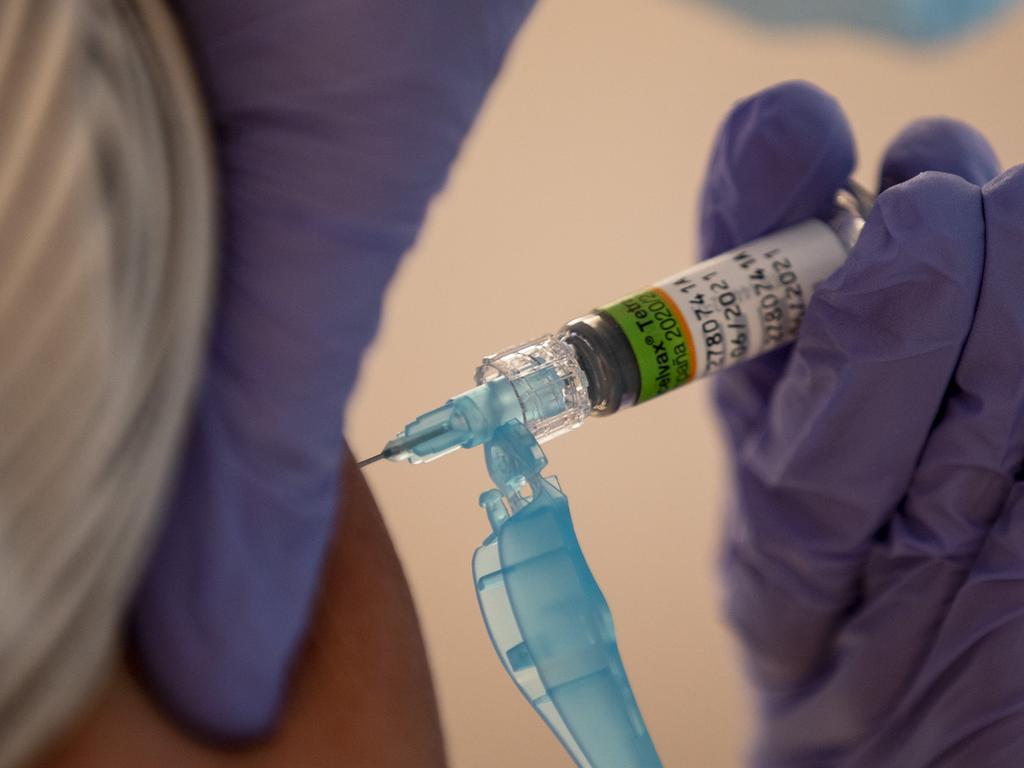
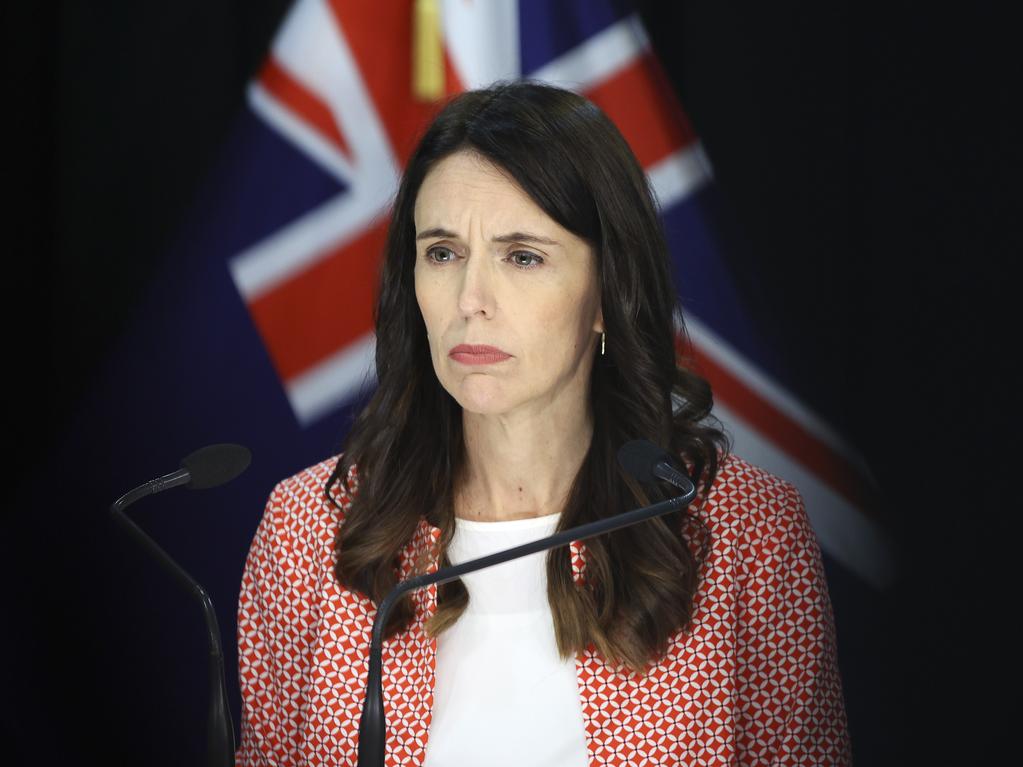

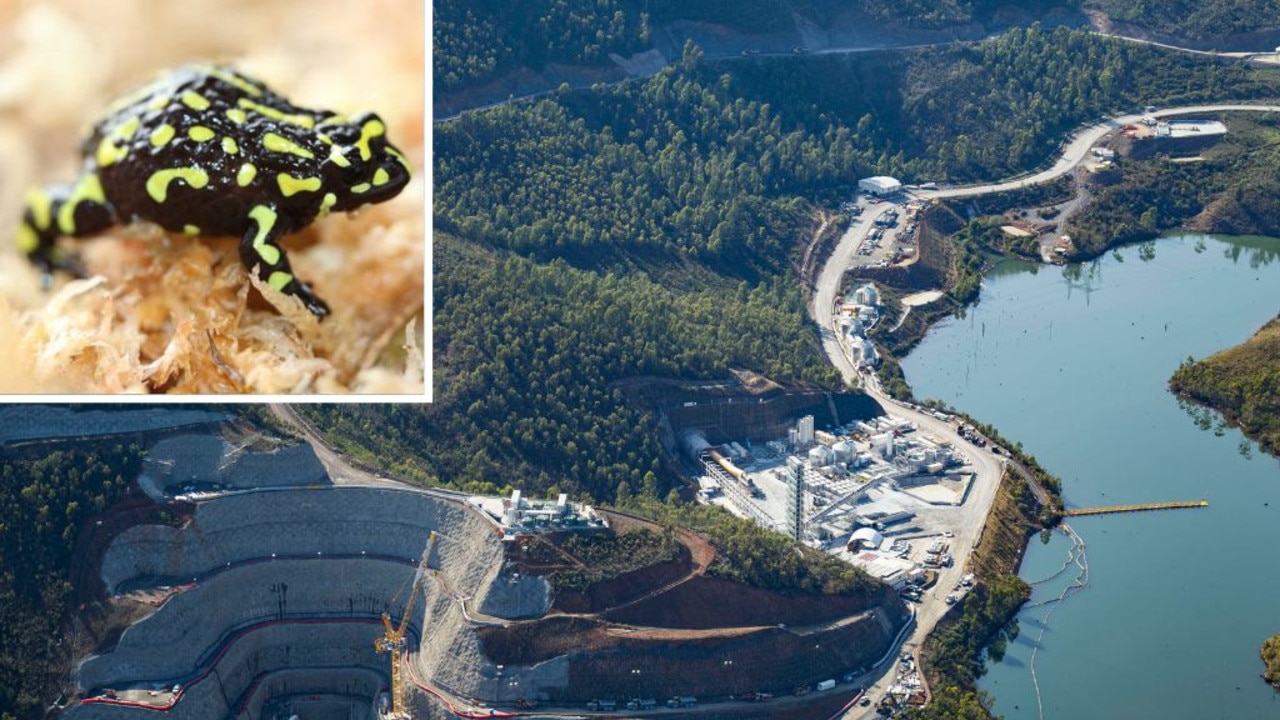

To join the conversation, please log in. Don't have an account? Register
Join the conversation, you are commenting as Logout